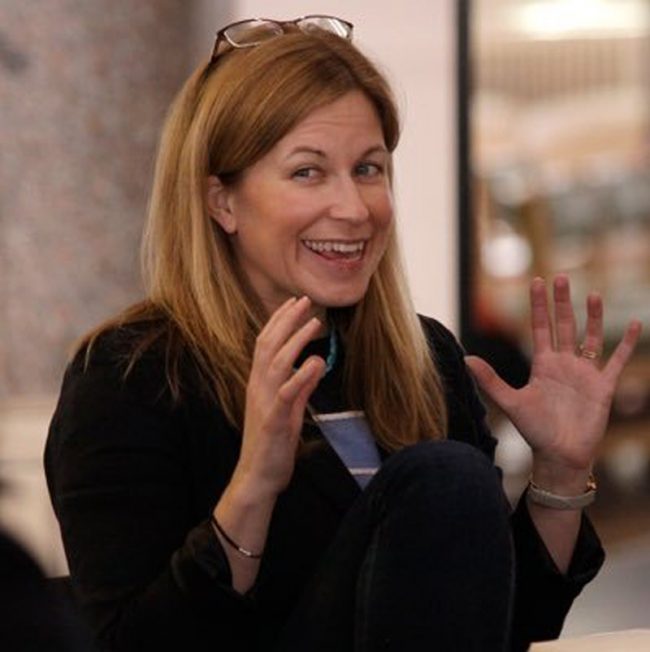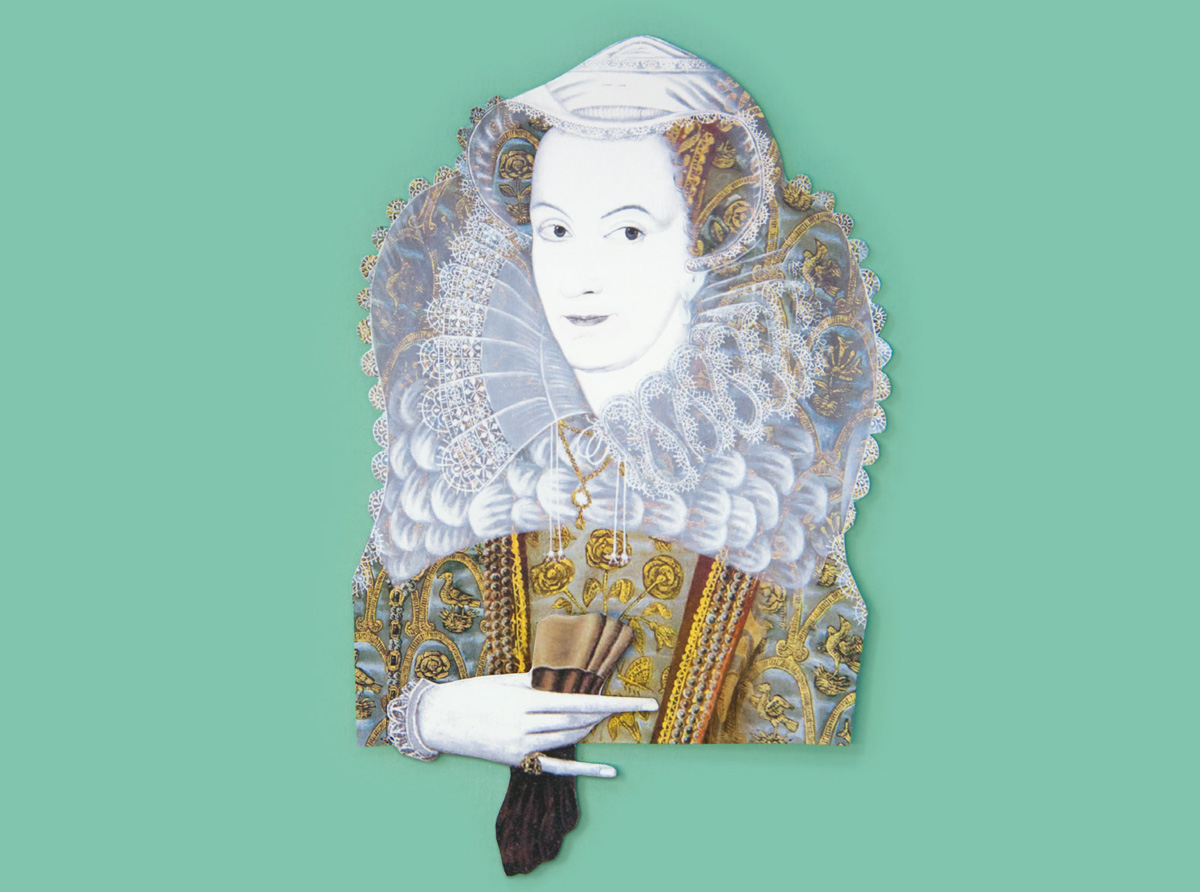
Interview with writer Beth Flintoff
Your play The Glove Thief was inspired by true events and historical figures. What got you interested in this particular story?
My husband’s aunt is an embroidery restorer for the National Trust. She told me about the Oxburgh Hangings – which are the embroideries that the women make during the play. So it was sort of luck! I said I was looking for a story of women doing something cool. There’s so many stories about women falling in love, and I wanted them to actually be doing something and really achieving in their own way, or rebelling or doing something really strong.
Sewing and embroidery is a strong theme in the play. Sewing is sometimes belittled or presented as ‘women’s work’. How does the play contend with that?
I think this is really important. The art they were making was incredibly important emotionally but also it was a weapon. The tapestries and embroideries [the characters in the play] had on their walls were just extraordinary, particularly Bess [of Hardwicke]’s. A lot of women might have tapestries on their walls but they quite often would have been religious. Bess’ Zenobia tapestry is a ten-foot high woman holding a spear and shield, and it looks like she’s going to stab someone; it’s really big and just so violent. They used embroidery as a weapon, to say ‘watch out I’m dangerous’. Everybody would have understood what they were doing with these embroideries. It’s quite dark. It’s fierce. That’s what I love about it all. It’s so fierce. Yes, lots of men probably thought – and I expect [Sir Frances] Walsingham thought – that’s lovely, they’re going to sit and sew. But in fact what they were doing was very subversive work.
Do you think the play will surprise people who think they know the story of Elizabeth I and the Tudors?
I think we’ve been sold a bit of a lie with history. I know that I grew up with very little impression of women in history apart from Florence Nightingale. These women are incredible, they have agency, they are changing their lives and other people’s lives, they’re forging their own route and I think we just haven’t been told about it. I don’t know if they thought they were ahead of their time? I don’t think they did. I think they just were getting on with it. It just didn’t get written down that much. When I was researching, I discovered that a lot of writings by women were burnt. When they died, their possessions would be burnt and their books would be thrown on the fire because, literally, men assumed they were recipe books. Women could have written amazing stuff, but it was burnt at their death. It’s so frustrating! Who knows what they wrote?
The Platform series is about putting the stories of female characters, specifically of girls, centre stage. What excited you about that?
It’s something I associate with a lot because I worked in youth theatre for a long time directing and writing plays. But also I was a girl myself. When I was at school, we did plays like Macbeth, and there were only four parts for girls: three witches and Lady Macbeth. I know what it’s like to be a girl in a youth theatre group or a school group or a club that doesn’t get such a chance. I’ve been following Tonic for that reason. I think it’s so important and such a wonderful thing. We need to keep doing this and plays will get better because there’s more variety and we need it. I think we need more diverse voices. It’s changed the way I think about things. I count now how many women are in plays. It’s the first thing I do: check the cast list.
Do you have any advice for actors performing the play, or for directors staging it?
We found when we did development work on the script at Rose Bruford College that the narrator characters need to have quite a strong connection to their alter egos. They all need to feel very connected to each other and to feel like one is saying what the other is thinking. Then when there’s a difference – because quite often in life people don’t say what they’re thinking – then the narrator should feel very truthful and part of the action. The connection between those two is really important to the play.
The other thing is to have a lot of fun with it. I don’t want people to feel intimidated by history. I think that people should own it. They should own the play and do what they like with it. It’s good to take it on as yours and I’m interested in how that will turn out. What would happen if you did it in modern dress, for instance? I’d love people to feel they could make bold choices.
